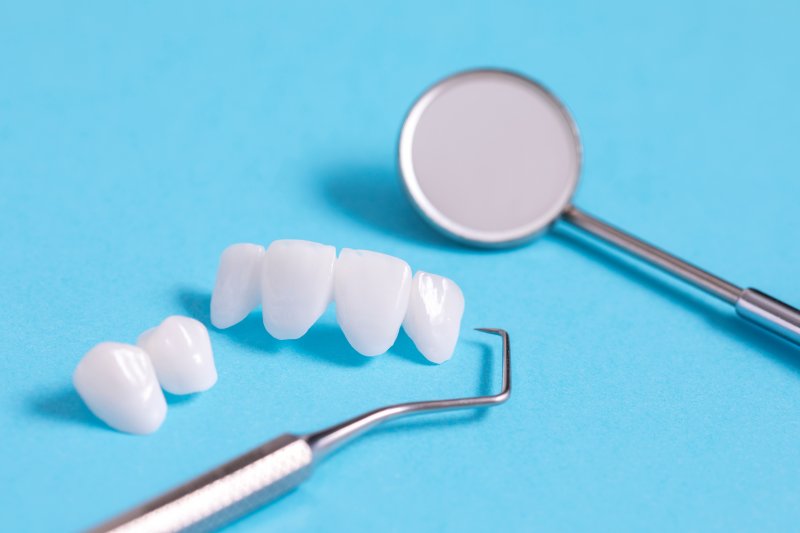How Long Can You Expect Your Dental Bridge to Last?
October 13, 2022

Missing teeth can truly affect your self-confidence, as well as your everyday functions, like eating. Dental bridges are a wonderful tooth replacement option that restores your smile! By replacing one or several teeth in a row, they return an aesthetic and operational quality to your life. But how long can you expect them to last? Here’s all you need to know about the life expectancy of dental bridges and what you can do to get the most out of them.
How Long Are Dental Bridges Expected to Last?
Let’s get right down to it: dental bridges typically last between five to seven years. But they have been found to last even longer! Researchers at the University of Rochester Medical Center have concluded that with good oral hygiene, most dental bridges can last more than 10 years – maybe even a lifetime! Personal factors ultimately impact how long your restorations will last. Your lifestyle, diet, and care for your teeth play a big role in their possible lifespan.
Common Problems with Dental Bridges
Although bridges are a reliable way to replace missing or damaged teeth, certain problems can arise with them. The following common issues can limit their lifespan:
- Food caught under the dental bridge
- Harmful plaque and tartar buildup
- Damage from hard or crunchy foods
How Can You Extend the Lifespan of Dental Bridges?
As you can see, the longevity of your bridge is vastly determined by personal care. Protect and preserve your dental bridge with the three following tips:
#1: Practice Excellent Oral Hygiene–A dental bridge cannot get cavities because it is not made from enamel. However, the teeth underneath and surrounding it are still susceptible to decay. Follow these tips to keep your natural teeth and dental restoration in great condition:
- Brush twice a day for at least two minutes each time
- Use a special floss threader to clean underneath your bridge
- Rinse regularly with an alcohol-free antibacterial mouthwash
#2: Eat a Bridge-Friendly Diet–Chewing on hard and sticky foods can place stress on a dental bridge and lead to damage. There are certain foods you should be mindful of, such as nuts, popcorn, caramel, raw vegetables, gum, ice, and hard candies. It is also wise to limit your intake of sugary or starchy foods, which can contribute to tooth decay. Eat high-nutrient foods like fruits, soft or cooked vegetables, and high-fiber foods.
#3: Regular Dental Visits–Taking the time to schedule and attend your bi-yearly checkup and exam is essential for maintaining a healthy smile! During your visit, your dentist will carefully inspect your bridge and the surrounding area for signs of trouble. In addition, they will remove any plaque and tartar buildup that could damage your teeth and gums. This also prevents any future problems.
Dental bridges have bridged the gap to getting lifelike, restored teeth. With attentive care and visits to your dentist, you can count on your complete smile to remain for many years to come!
About the Author
Dr. Travis Markle has created and cared for smiles for two decades. With a focus on building relationships and providing the best care with state-of-the-art technology, he can meet all your dental needs and goals. By accomplishing hundreds of hours of continuing education through world-renowned organizations like Spear and the Dawson academy, he can help you with any tooth loss options. If you need assistance with your dental bridge or any other restoration, contact him through his website or call (903) 419-4439.
No Comments »
No comments yet.
RSS feed for comments on this post. TrackBack URL
